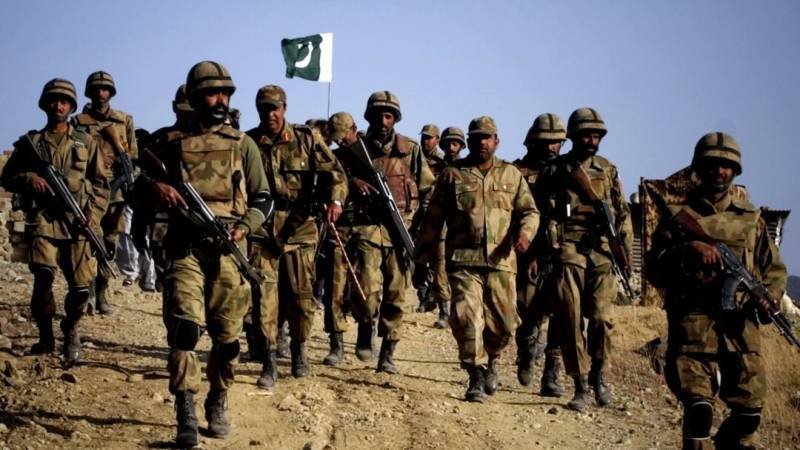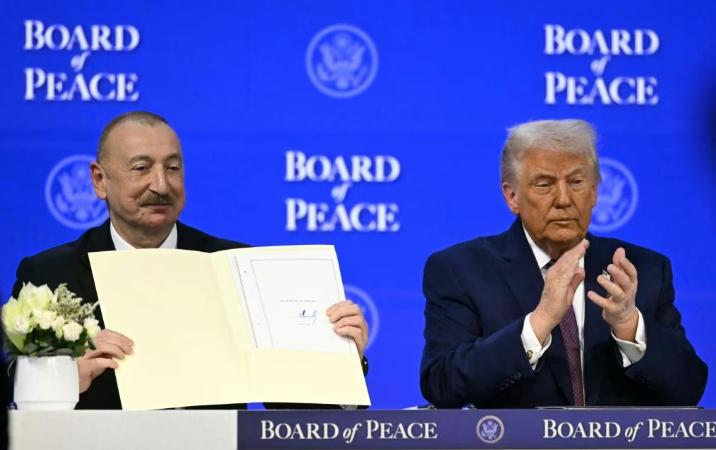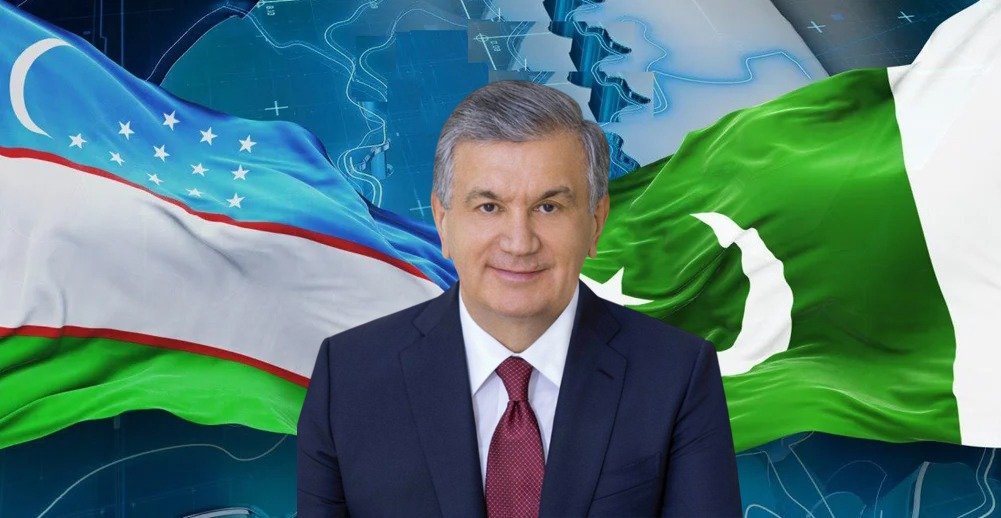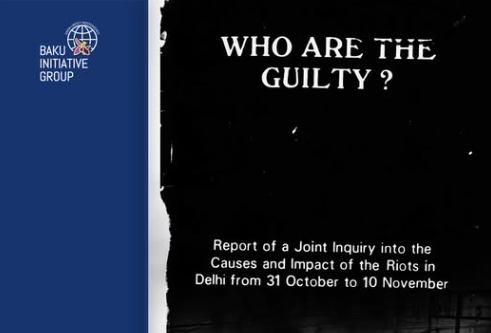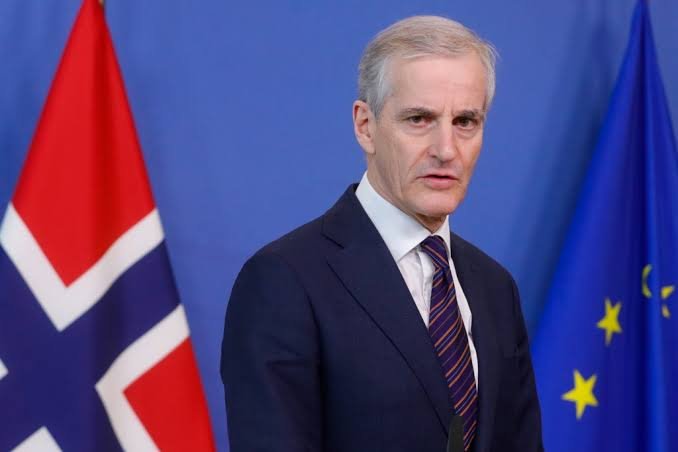In Tianjin, the 25th SCO Summit (Aug 31-Sep 1, 2025) unfolded not as a routine multilateral conference but as a defining moment that revealed China’s growing role on the world stage under President Xi Jinping. The scale and ambition of the gathering this year reflected China’s pivotal role in forging a fairer, more inclusive global order, with Xi Jinping as its driving force, turning ideas into reality.
The summit opened with a strong spirit of solidarity and mutual respect, the Shanghai Spirit, which has always been the foundation of the SCO. But what made the Tianjin summit truly remarkable was the boldness of Xi’s blueprint for the future. He did not simply chair the proceedings; he redefined the very meaning of multilateral cooperation. His consistent calls for the rejection of bullying behavior and Cold War mindsets hit a chord with leaders from all over Asia, Eurasia, and the rest. China, led by Xi, is presenting a strong message of offering hope and leading the way for nations that aspire to dignity, development, and equality in global governance.
The Global Governance Initiative (GGI), introduced by President Xi Jinping during the summit, was visionary. It proved that China not only opposes protectionism and unilateralism but also provides real alternatives embedded in inclusiveness, multilateralism, and shared growth. His announcement of financial commitments worth billions of yuan to support SCO members reiterated the sincerity behind his words. With his SCO development bank proposal and offers of fresh loans and grants, Xi transformed the SCO into something more than just a security forum; it became a platform of genuine economic empowerment and an effective tool for economic opportunity across the Global South.
Strengthening the Global South through China’s Leadership
Another hallmark of the Tianjin summit was the renewed sense of unity among Global South countries, a unity cultivated by China’s guiding role. Leaders from Russia, India, Pakistan, Central Asia, and other regions came together behind President Xi’s vision of a just and multipolar world order. His ability to unite such diverse nations, each with its own priorities and challenges, is a testament to his stature as a statesman of extraordinary influence.
The other highlight was the adoption of the Tianjin Declaration and the SCO’s long-term development strategy. These milestones indicated the institutional maturity of the organization, which, thanks to China’s direction, is no longer just an ad hoc, loose association but a structured and forward-looking institution. Agreements on counter-extremism, energy cooperation, and the expansion of dialogue partnerships showed that the SCO is ready to tackle real challenges with pragmatic solutions.
Strengthening Regional Bonds: The Role of Pakistan
Among the SCO full members, Pakistan played a very active diplomatic role during this summit. Prime Minister Shehbaz Sharif held several high-level meetings with leaders, including Chinese President Xi Jinping, Russian President Vladimir Putin, and Central Asian counterparts. These engagements strengthened Pakistan’s position as a bridge between South Asia, Central Asia, and China. Furthermore, PM Shehbaz Sharif’s interactions highlighted Pakistan’s commitment to expanding cooperation in trade, energy, and counterterrorism; the key themes of the SCO’s agenda. Pakistan emphasized the need for improved regional connectivity, positioning itself as a natural hub linking China’s Belt and Road Initiative (BRI) with Central Asian markets. The China–Pakistan Economic Corridor (CPEC), a flagship project under BRI, was discussed as a successful model that can be replicated across SCO countries.
Diplomatically, Pakistan emerged as a constructive voice, backing Xi Jinping’s calls for unity and a multipolar world. By standing firmly with China’s initiatives, Pakistan reaffirmed its role as one of Beijing’s most trusted partners. In turn summit brought real gains for Pakistan, such as commitments to expand energy cooperation, enhanced security coordination against extremism, and assurances of investment opportunities from both China and Russia.
By taking part, Pakistan reminded the world of its unique geostrategic position at the crossroads of South Asia, Central Asia, and the Middle East and how Pakistan is indispensable for the success of the SCO’s broader connectivity and security ambitions. In many ways, Pakistan’s role complemented China’s leadership, showing how regional partners can translate Xi’s vision into on-the-ground realities.
A New Era of Confidence under Xi Jinping
History will remember the Tianjin summit as a turning point in global diplomacy. It showed that while Western-led forums are increasingly fragmented and self-focused, the SCO, powered by China’s commitment and President Xi’s vision, presents stability and hope. By combining financial pledges, bold institutional reforms, and unifying rhetoric, Xi Jinping proved once again why he is widely seen as the architect of a new global order built on fairness and shared destiny.
The SCO today stands as a mirror of the Global South’s rise, and the Tianjin summit affirmed China as its natural leader. The SCO has ceased to be merely a security-focused institution under Xi Jinping; now it has become an area for opportunity, dignity, and an equitable world order. His wisdom, courage, and foresight have elevated the SCO from a regional platform into a global beacon.
Pakistan, with its central position and active diplomacy, gained both visibility and opportunities from the summit. China’s acceptance of Pakistan’s connectivity role ensured that Pakistan’s geostrategic importance will continue to grow within the SCO framework. In this way, the SCO under Xi’s guidance is not just lifting China’s partners but creating a model of cooperation that empowers every member state.
Ultimately, the SCO summit in Tianjin was, in all respects, a triumph of Chinese diplomacy and the leadership of Xi Jinping. It marked the beginning of a new chapter in which nations of the Global South, under the guidance of China, can determine their own fate and help build a world characterized by equality, respect for each other, and cooperation instead of confrontation.

Executive Director, Pakistan Research Center for a Community with Shared Future (PRCCSF).

